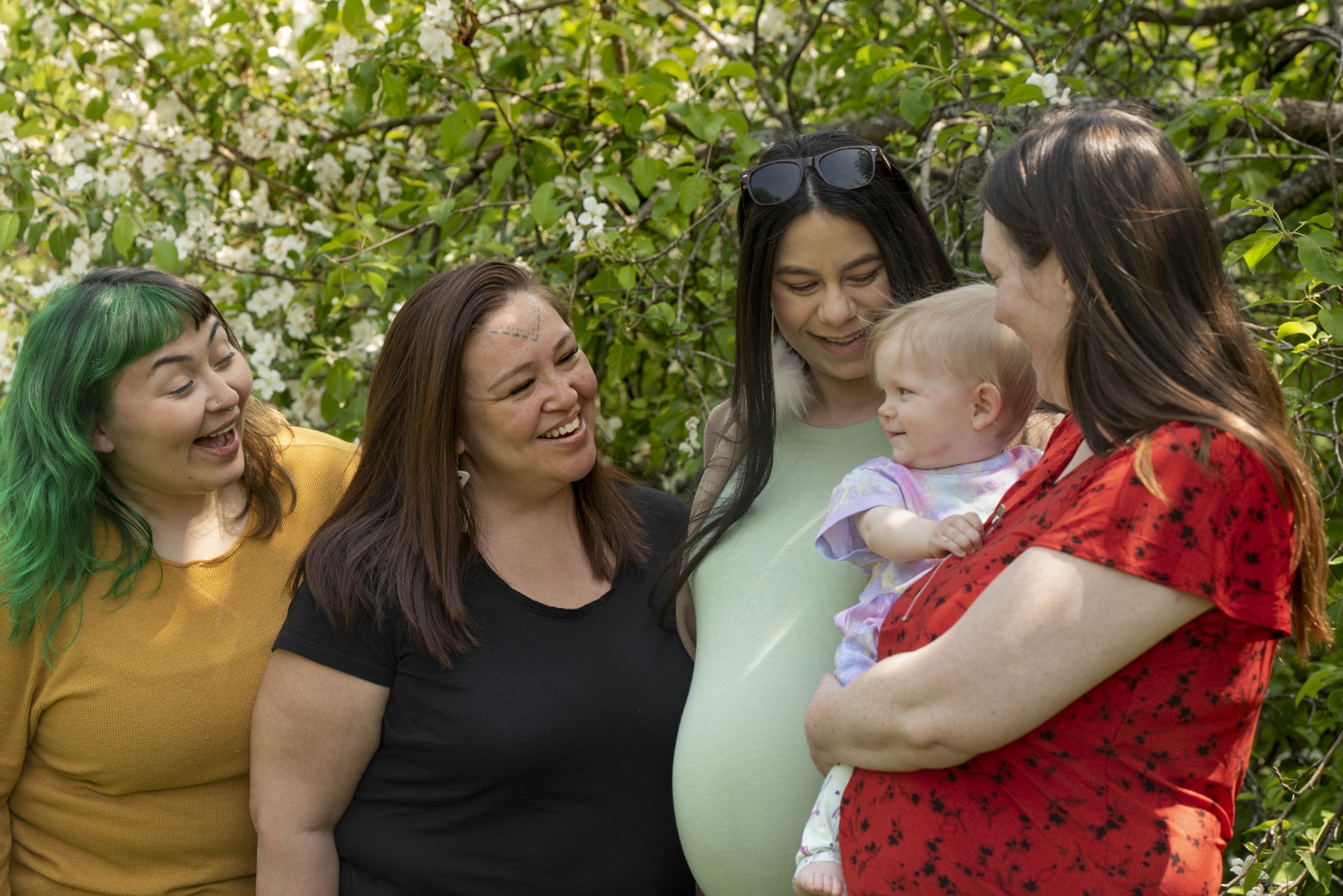Imagine a mother pleading at a school meeting, desperate for support for her child, only to be met with suspicion. In today’s BC schools, some mothers say they’ve been branded “too emotional” or even unfit for fighting for their kids. Instead of solutions, educators have been known to shift blame onto parents: a BC resource notes that “parents are blamed for their child’s problematic in-school behaviour” rather than getting real help familysupportbc.com.
In one Vancouver case, a psychologist’s report told a judge that a mother “would eventually be institutionalised,” recommending her children live with their father westcoastleaf.org.
This kind of thinking echoes in classrooms: elsewhere in North America, exhausted school staff have admitted they “sometimes use the threat of a child-protection investigation to strong-arm parents” who refuse the school’s plans hechingerreport.org.
For many moms in BC, simply speaking up can feel like entering a trap – their love and anger are twisted into pathology.
The insanity label
Maria’s little girl Sophie was being bullied, so Maria insisted on monitoring her closely at school. Soon the principal began describing Maria as “overprotective” and “high-strung,” hinting she might need counselling.
Maria felt gaslit. In the resource Stop Hurting Kids, this tactic is described plainly: teachers often treat parents of special-needs children as the “problem” rather than fixing a child’s plan familysupportbc.com.
Maria was shocked when a teacher quietly warned that if Maria kept pushing back on the school’s decisions, child welfare might get involved.
Indeed, outside Canada a 2018 study found that some schools admit they use calls to social services as a way to force compliance, even threatening parents with child-protection investigations for not agreeing to the school’s planhechingerreport.org. Sensing her anger was being used against her, Maria withdrew her complaint – worried that her insistence on protecting Sophie would be twisted into “insanity.”
Exclusion and erasure
Another mother, Janet, watched with dread as her autistic son Daniel was slowly shut out of class.
After one struggle when Daniel threw a chair, the school demanded a “reintegration plan”: Daniel could only attend the last hour of the day, with five-minute extensions if he stayed calm. Each time he failed a tiny behaviour target, Daniel was sent home – effectively suspended.
This was no isolated case. A recent survey in BC found that 22% of parents reported their disabled child had been excluded from full-time education as if suspended thetyee.ca.
Nearly 18% were even told to stay home. “Limits on class time until behaviour improves” have become a common reintegration strategy for kids with disabilities thetyee.ca.
For mothers like Janet, this meant living in terror: her son’s education and social life disappeared day by day.
Ultimately she had to pull Daniel out of the system entirely. Without school, Janet lost critical work hours and supports, and gradually her concerns about mistreatment were erased along with her son’s classroom time.
Forced into compliance
In a small BC town, Tanya’s son was diagnosed with ADHD. The school offered medication and special classes, but Tanya wanted to try behaviour therapy first. She politely refused the school’s package, and suddenly parents at other meetings were whispering about her.
One day the vice-principal took Tanya aside: “We have to report neglect if a child’s basic needs aren’t met,” he said, his words hanging in the air.
Tanya knew what he meant: research confirms that some schools will actually threaten to call child-protection agencies if parents “don’t agree to what’s being recommended” hechingerreport.org.
The implication was chilling: defy the school, and you’re painted as a risk to your child.
For mothers like Tanya, this creates a horrific choice. They feel guilt for even voicing concerns – afraid that any mistake or disagreement could be spun into evidence of them being “unsafe” or insane.
In these moments, many women wonder if keeping quiet is the only way to keep their family safe.
Colonial Echoes
These stories have deep roots.
In BC’s history, public schools once went even further: Indigenous parents were routinely told they were “unfit,” and their children taken to residential schools.
As Canada’s Truth and Reconciliation Commission reported, the government literally “declared Aboriginal people to be unfit parents” when it set up those schools time.com. That legacy casts a long shadow.
Even today, First Nations mothers like Cheryl feel the weight of those old judgments. Cheryl remembers how her own mother was blamed when her brother disappeared at a boarding school.
Now, whenever Cheryl questions the public school’s treatment of her dyslexic daughter, echoes of that past whisper in her ear. The fear remains that any fight for her child could bring old accusations back to life.
In these ways, the schoolhouse becomes not a sanctuary but a courthouse, where a mother’s fierce love and frustration are misread as “madness” – and her voice quietly erased in the process.
-
Reconciliation demands that we put collective punishment aside
Collective punishment in residential schools did more than punish children—it shattered the bonds between parents and children. For many parents who survived, the fear, shame, and trauma they endured complicated their ability to nurture trust in their own parenting. Emotional disconnection and disrupted…








